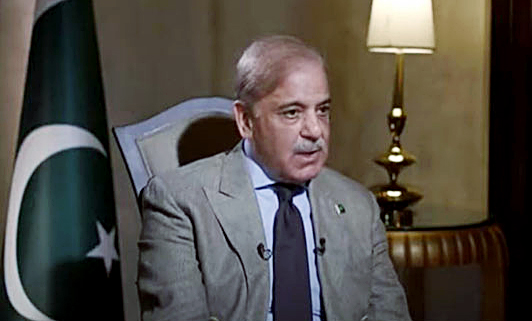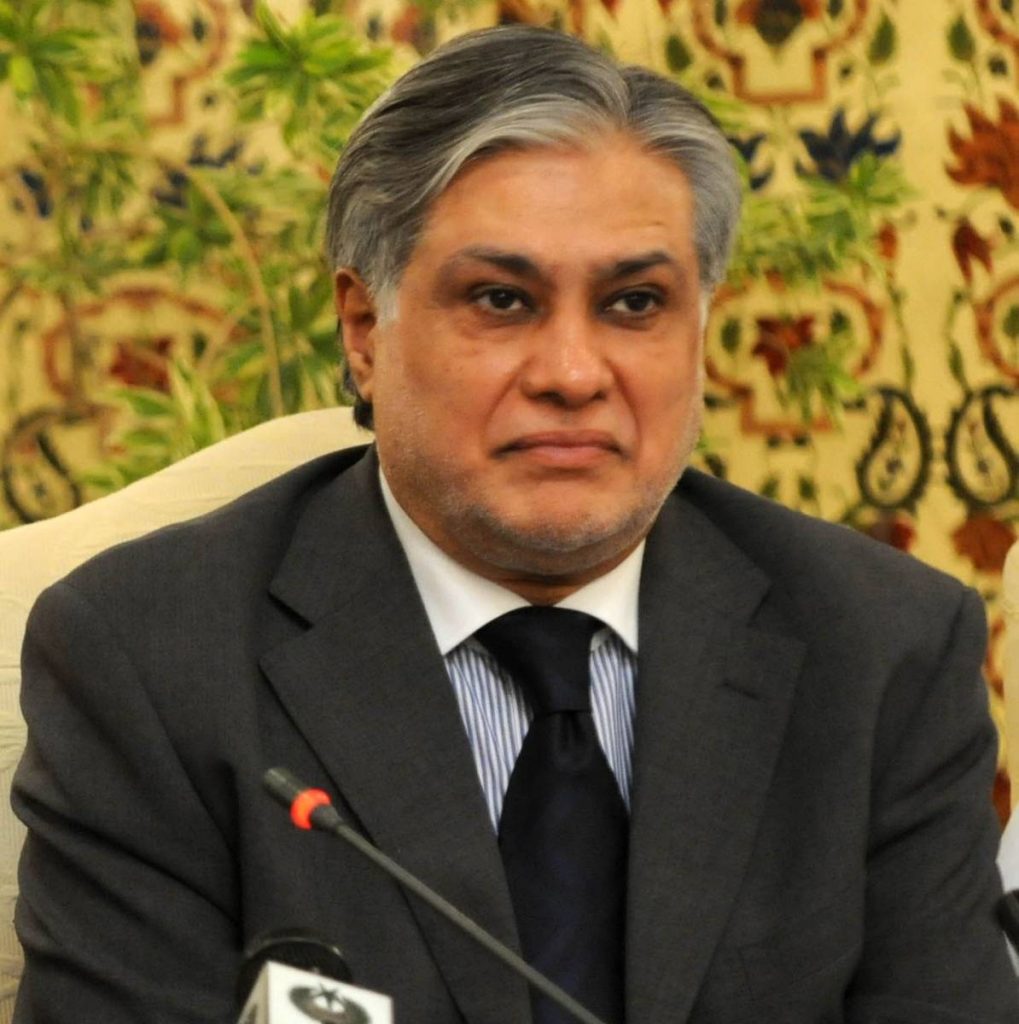In the current situation, while Pakistan was betting on the next instalment (USD 1.1 billion) of the IMF package of USD 6.5 billion, the delays in the disbursement is only adding to the country’s woes. The fact remains that political managers of the country never heeded economic development but utilised all resources for promoting their own political agenda. And the same political bickering continues even while the country is facing rapidly deteriorating industrial production, rising inflation, depleting foreign exchange reserves and nearing default on its international payment obligations … writes Dr Sakariya Kareem
In the wake of the lingering economic and forex crisis, Islamabad had finally acceded to the IMF conditions as none of its development partners are ready to provide necessary funds without the backing of the Fund. Even the recent rollover of USD 1.3 billion Chinese loans would not help to salvage its deep crisis.
Pakistan’s economic situation is so grave and the forex level has declined to a new low (USD 3.1 billion) which is not even sufficient to meet three weeks’ imports for the country. Islamabad had been trying to put on a brave face in its struggle to unlock critical funding from the IMF, but the administration is quite nervous beneath its confident exterior, as it finds it increasingly difficult to convince the Fund to release a loan instalment. This was realised by its well-wishers long back who promised funds only after the IMF’s agreement.

In the current situation, while Pakistan was betting on the next instalment (USD 1.1 billion) of the IMF package of USD 6.5 billion, the delays in the disbursement only add to the country’s woes. The fact remains that political managers of the country never heeded economic development but utilised all resources for promoting their own political agenda. And the same political bickering continues even while the country is facing rapidly deteriorating industrial production, rising inflation, depleting foreign exchange reserves and nearing default on its international payment obligations.
The seriousness of the economic crisis required a united front among political parties. But even while Pakistan accepted the IMF recommendation, the opposition parties are engaged in a large-scale blame game for Pakistan’s economic conditions, projecting the IMF as anti-poor. Some Pak Government officers also continue to blame the Fund conditionality for the present plight of the country.
From the beginning of the crisis, instead of negotiating a bailout package in true earnest and accepting IMF proposals, Islamabad blamed the IMF’s coercive conditionality is no different than in 1998 when the West wanted “Pakistan’s denuclearisation” and moved behind the scenes to punish the nation for nuclear tests. When anti-IMF propaganda failed to bring any visible change in the multilateral institution’s approach, Islamabad is just compelled to follow the path shown it to come out of the crisis to replenish drying foreign exchange reserves. Now, it is ready to swallow the bitter pills of IMF conditionality because there is no other option.
Critics point out that a gap in Islamabad’s diplomatic efforts, combined with a credibility gap and trust deficit following the reversal of agreed policy actions in the past are key factors that pushed even some friendly countries to work for Pakistan’s “meltdown” in following IMF recommendations.
The four items on the unfinished IMF loan programme agenda include an early hike in the central bank’s interest rate to contain spiralling inflation and the continuation of PRs 3.39 per unit financing cost surcharge on electricity consumers for coming years through the finance bill. Critics argue that electricity cost, including transmission and distribution losses, stood at 8.1 cents/unit if cross-subsidies were excluded highlighting the mismanagement of the power sector. More importantly, the IMF demand includes written assurances for external financing gap from friendly nations, sensing frequent deviation from the developmental path by Islamabad in the name of protecting the country’s interest.

Surprisingly, the IMF sought the removal of the exchange rate cap by the Pak central bank to cater for outflow to war-ravaged and sanction-hit Afghanistan. Such outflow of foreign currency from Pakistan when its own requirements are not met is painful. Islamabad’s support to the Taliban in capturing Kabul has now turned into a burden as it is facing a grave forex crisis.
The IMF is reported to have estimated an all-inclusive financing gap of about USD 7 billion for the current fiscal year against Pakistan’s projection of USD 5 billion. Hoping against the hope some Pak officials still hope that the State Bank of Pakistan’s foreign exchange reserves would go beyond USD 10 billion by the end of June from little over USD 3.1 billion at present, which could be only a miracle. But it is a questionable proposition given the sluggish growth in exports as well as remittances.
Pakistan still lacks credibility due to its terror links. At present even its traditional friends are not coming forward to save it from a crisis in any substantial way. There are critics of assistance even in the US which has been providing aid to Pakistan for the fight against terror and strategic leverage.
The latest example of resistance to aid to Pakistan in the US is the Republican Presidential candidate Nikki Haley calling Pakistan home to at least a dozen terrorist organizations.’ She tweeted, “we’ll make sure to shake up the foreign policy establishment,” if she becomes President. She blamed the US government for funding ‘bad guys’, and vowing not to let the US become the world’s ATM. While attacking the current regime claiming that America is paying millions to the ‘bad guys’, she tweeted, “a weak America pays the bad guys: Hundreds of millions to Pakistan, Iraq, and Zimbabwe last year alone. A strong America won’t be the world’s ATM.”
Pak regime needs to improve its credibility as a responsible state. While speaking at the annual Asia Economic Dialogue in February, India’s External Affairs Minister S. Jaishankar rightly pointed out that no country can come out of its problems and emerge prosperous if its “basic industry” is terrorism.
He further commented that “just as a country has to fix its economic issues, a country has to fix its political issues too, it has to fix its social issues too.” But Pakistan has utterly failed in doing so.
As long as Pakistan does not shun its involvement in terror and drug trafficking, the trust deficit would continue. Terror and drugs are part of Pakistan’s ways of capturing geopolitical significance. Money generated from the narcotics trade is subsequently used by Islamabad to fund terror activities in Jammu and Kashmir, according to J&K’s Director-General of Police Dilbag Singh. These comments are close on the heels of a large stockpile of drugs, cash and weapons being recovered near the Line of Control in Indian J&K’s Poonch district.
The development model of Pakistan has also come for criticism for its overreliance on external finance. However, Pakistan’s dependence on external financial help is not new and the country has been seeking this aid to bail the country out of economic and liquidity crises. Over the past twenty years, the US has provided more than USD 32 billion in direct support to the people of Pakistan. Instead of investing in them, Islamabad took the route of terror, thinking that geopolitics would take care of the economic welfare of the country.
However, it failed to see that geo-economy is actually the mother of all progress and power in the world. Now, reportedly China has committed to rollover loans worth USD 1.3 billion and Saudi Arabia and UAE are also being requested by Pak authorities for fresh assistance. But Pakistan’s political uncertainty mixed with the grave economic crisis is not eliciting the trust and faith of its development partners.
Islamabad has now only one option, i.e., to swallow the bitter pill of IMF conditionality. And this would, despite saving it from default, would cause many adverse effects on its economy for which it would have to struggle its way out through economic reforms and the right set of economic policies.

Leave a Reply